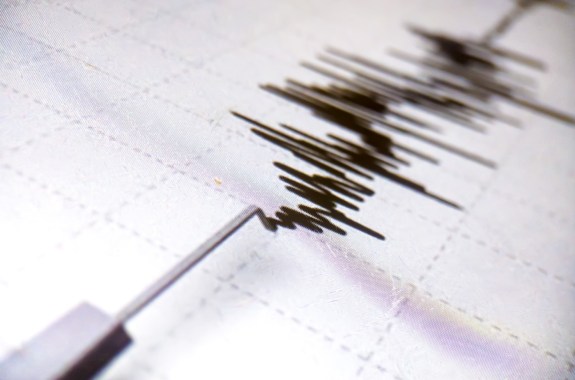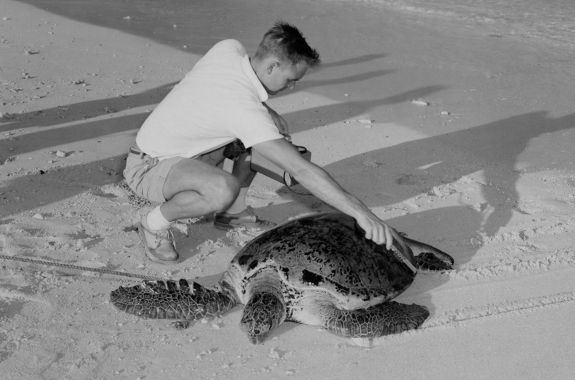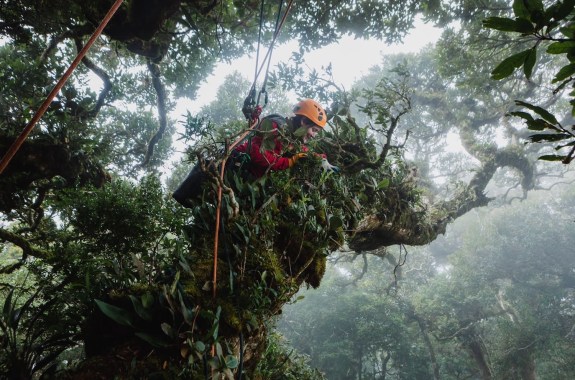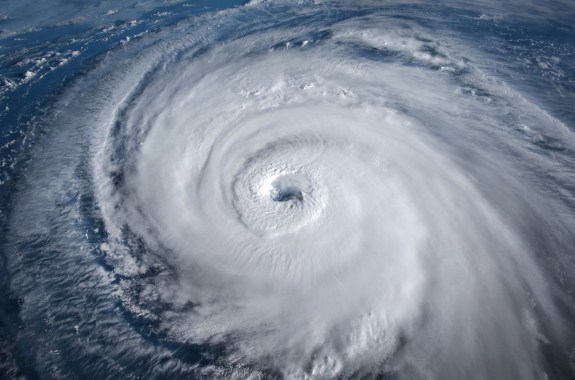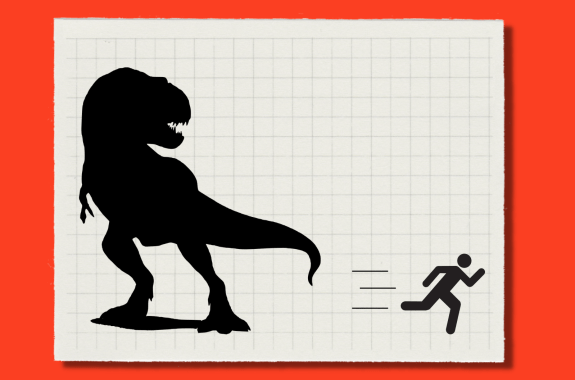Rasha Aridi is a producer for Science Friday. She loves stories about weird critters, science adventures, and the intersection of science and history.
While studying wildlife conservation at Virginia Tech, Rasha realized that she had way more fun talking about science than actually doing it. She then pivoted into journalism and has since written for outlets like Science, Smithsonian, and The Guardian. Before coming to SciFri, she worked for NPR’s Short Wave and Science Vs from Gimlet Media.
When Rasha isn’t nerding out about science, you can find her on an outdoorsy adventure, reading, or trying (and failing) to leash train her cat. Rasha is the inaugural Outrider/Burroughs Wellcome Fund Fellow.
16:48
The Climate Movement Should Be Funnier
Research suggests that comedy is a powerful way to mobilize people. So what makes a good laugh a motivating force?
17:29
The Ocean Is A Climate Ally
The ocean has absorbed over 90% of the heat we’ve trapped with greenhouse gasses. It still holds many possible climate solutions.
17:30
The Science Behind Devastating Earthquakes
The recent 6.8 magnitude earthquake in Morocco left thousands of people dead, injured, or lost.
17:26
What Radioactive Animals Teach Us About Nuclear Fallout
Measuring cesium in wild boar and uranium in turtles sheds light on how radioactive materials travel through the environment.
12:09
Where Soil Grows Above The Trees
Canopy soil builds up over decades in the nooks and crannies of old trees. How does it get there?
11:56
What To Expect From Hurricane Season
Hurricane Idalia made landfall in Florida this week, but this year’s season is a little different from the past.
12:08
How Early Humans May Have Transformed L.A.’s Landscape Forever
A wave of ancient wildfire transformed historic ecosystems.
17:13
Your Guide To Conquering History’s Greatest Catastrophes
Author Cody Cassidy’s new book uses science and the benefit of hindsight to figure out how to survive some of history’s biggest disasters.
17:22
The Rising Tide Against Deep Sea Mining
A recent global meeting of the International Seabed Authority to develop a treaty for the world’s oceans floors adjourned without a decision.
8:32
How Oppenheimer’s Bombs Compare To Today’s Nukes
Science Friday dives into how nuclear weapons technology has evolved since the Manhattan Project.


